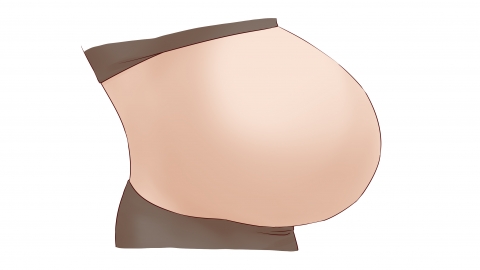Does hot weather during early pregnancy affect pregnant women?
In general, whether hot weather during early pregnancy affects a pregnant woman depends on her individual health status, environment, and the precautions she takes. If discomfort occurs, it is recommended to seek medical attention promptly. The specific analysis is as follows:

For healthy pregnant women in early pregnancy who have no pregnancy complications, are in a well-ventilated environment, and can replenish fluids in time while avoiding prolonged exposure to high temperatures, hot weather usually does not cause significant adverse effects. These women may only experience mild sweating or a slight decrease in appetite, which can be relieved by adjusting clothing and getting proper rest, without affecting their own health or fetal development.
However, for pregnant women in early pregnancy who are physically weak or suffer from conditions such as gestational diabetes or hypertension, and who are in a hot, poorly ventilated environment without adequate cooling measures, hot weather may lead to negative effects. High temperatures increase the risk of heatstroke, causing symptoms such as dizziness, nausea, and palpitations, and may also compromise fetal stability, increasing the risk of pregnancy-related discomfort.
When the weather is hot, pregnant women should ensure good indoor ventilation and use air conditioning or fans appropriately to regulate room temperature and prevent overheating. They should drink warm water frequently to maintain hydration and prevent dehydration. Outdoor activities should be minimized, especially during peak heat hours around noon. When going outside, they should apply sun protection and wear loose, breathable clothing. If symptoms such as dizziness or fatigue occur, they should rest immediately and monitor their condition; if symptoms persist, medical evaluation is necessary.




